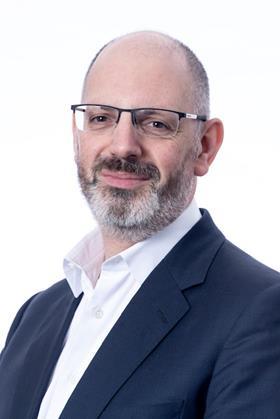The exceptional cost of closing Linklaters’ Moscow office helped drag the magic circle firm’s profits into negative territory last year, according to annual results published today. In the year to 30 April 2023, the firm reported pre-tax profits of £854 million, down 2% from £872m last year. This was affected by the 'material exceptional costs' of closing the Moscow office in March, the firm said.
Including the exceptional costs would have kept profits in line with FY2022, the firm said. Profits per equity partner, meanwhile, were down 6.3% to £1.779m.
The profit fall was against a background of record revenues, which were up 6.6% to £1.9bn, driven by 'continued client demand for complex cross-border legal advice'. Revenue has grown by 19% over the past two years, the firm said.

Elsewhere the statement noted that Linklaters is embracing generative AI technology. 'All our lawyers have access to a custom-built generative AI chatbot, developed on Microsoft’s Azure platform, enabling them to use variations of ChatGPT in a safe and secure environment,' it said. 'We are also currently trialling several generative AI tools designed to assist lawyers with common legal tasks.'
Commenting on the results, managing partner Paul Lewis said: 'We’re pleased to have delivered a strong financial performance, despite a challenging high-inflation environment and ongoing geopolitical instability. Our continued revenue growth reflects that in difficult conditions the world’s leading corporates, banks and financial sponsors look to us for the quality of advice we bring to their most strategically important matters.’
In the current financial year, the firm has seen 'a strong deal flow… notwithstanding the wider slowing of the global M&A market', he said. 'The challenging economic environment has led to an increase in restructuring and insolvency matters and we have also seen an uptick in regulatory and criminal investigations as well as a rise in class actions, particularly in the tech sector.’





























No comments yet